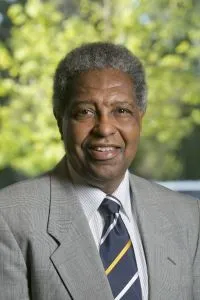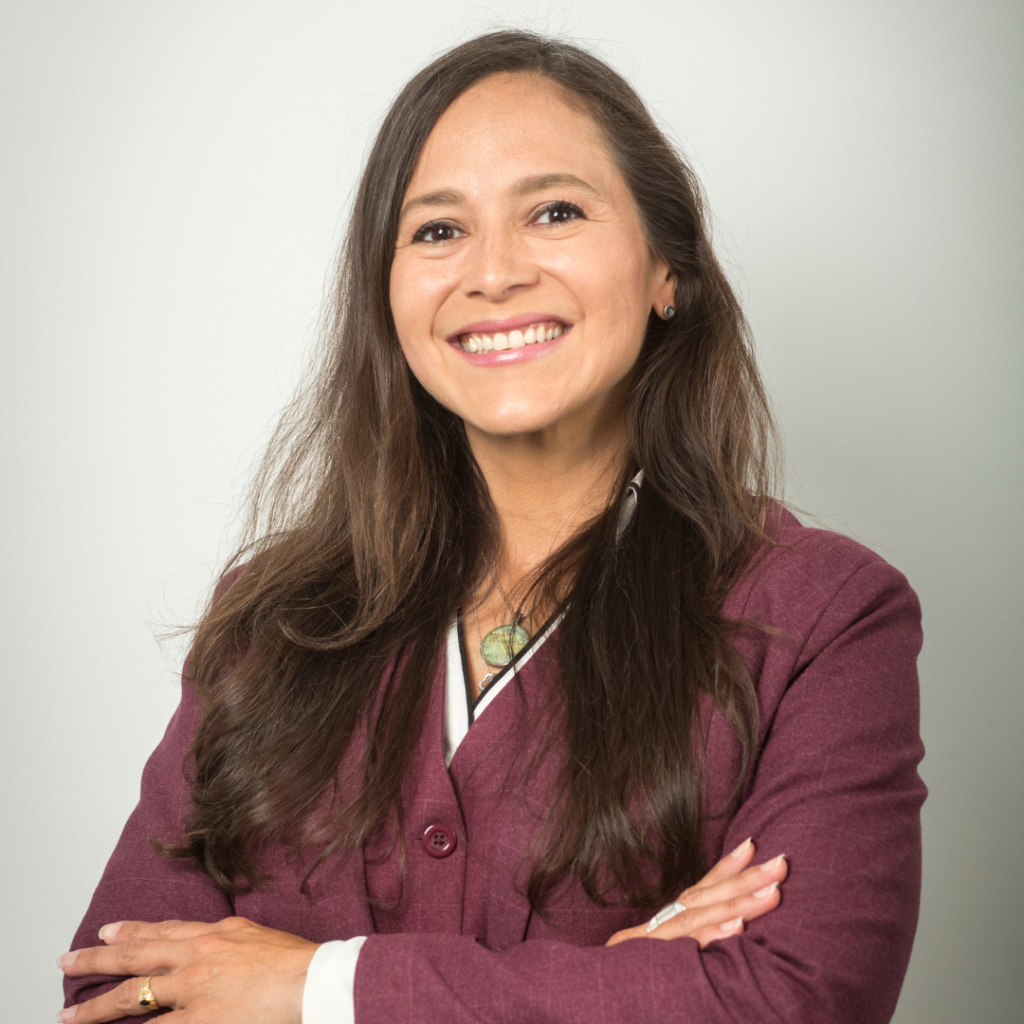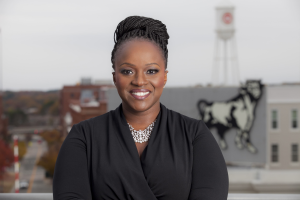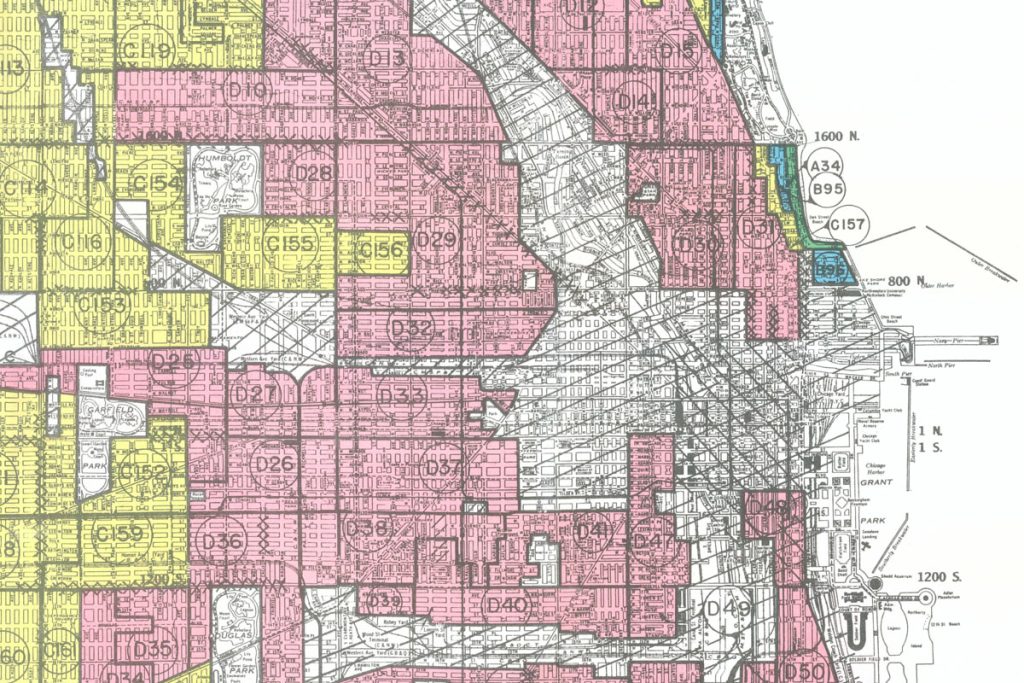Class, Wealth, & Social Mobility
The researchers of the Cook Center are documenting the magnitude of racial and ethnic disparities in wealth in the United States, particularly in the aftermath of the Great Recession.
The 2018 report from the Center, What We Get Wrong About Closing the Racial Wealth Gap, outlines many of these present disparities: Black Americans, who constitute roughly thirteen percent of the country, possess less than three percent of the nation’s wealth. While the median white household living at the poverty line has $18,000 in wealth, the corresponding black household typically has nothing. Conversely, white households account for a whopping ninety-six percent of the nation’s wealthiest; black households make up just two percent of this elite club. These persistent disparities, along with many others the Cook Center has uncovered in recent years, provide an impetus and justification for the continued efforts of the Center’s researchers in combating these inequities.
Among other goals, they work to:
- Identify sources of unequal wealth accumulation across populations, using data from sources such as the Panel Study of Income Dynamics;
- Resolve whether differences in net worth are due primarily to differences in behavior (savings and portfolio management), differences in income, or differences in patterns of inheritance;
- Establish the most effective means of addressing intergroup inequality in wealth;
- And assess and compare the effectiveness of financial literacy programs, individual development accounts, child trust accounts, and community wide asset-building initiatives.
Working Group
The Social Mobility Working Group seeks to identify mechanisms that are driving (or slowing) social mobility and to track their connections with levels of well-being, state types, national policies, structural inequalities, and other societal features (including networks, norms, and practices).
Objectives
- Develop a network of scholars across disciplines, bringing different perspectives to the study of social mobility
- Jointly review existing studies from different parts of the world and diverse methodologies and disciplinary approaches
- Identify important gaps and potential opportunities for pushing this research frontier
- Work toward the formation of collaborative research groups, as well as design and undertake research projects in different parts of the world
Employment
The Cook Center aims to design effective procedures for preventing or mitigating the effects of employment discrimination.
The longstanding racial inequities of American society are reflected in the job market: For decades, the unemployment rate for black Americans has long hovered at twice that of whites, and at every level of educational attainment, blacks are more likely than whites to be unemployed. More extreme examples—like the fact that black men with no criminal records face lower odds of a callback for a job than do white men with a criminal record—only heighten one’s understanding of the disparities in play.
For myriad reasons, discrimination in employment proves difficult to accurately measure. Self-reports of discrimination are subject to respondent self-censorship, cognitive dissonance or error; systematic comparisons have shown blacks to substantially underreport their exposure to discrimination in employment while whites substantially overreport. Furthermore, group distinctions based exclusively on self-reports of race or ethnicity complicate these calculations. Therefore, data sets that enable researchers to make distinctions based upon skin shade will prove more useful in locating evidence of discrimination than data sets reliant solely on self-reported race.
Objectives:
- Understand how historical methods—the self-report, statistical decomposition, and field experiment—perform at a common set of geographical locations.
- Develop a context-specific protocol for detection of discrimination in employment.
- Design a way to measure the magnitude of discrimination directed against people with multiple stigmatized identities.















